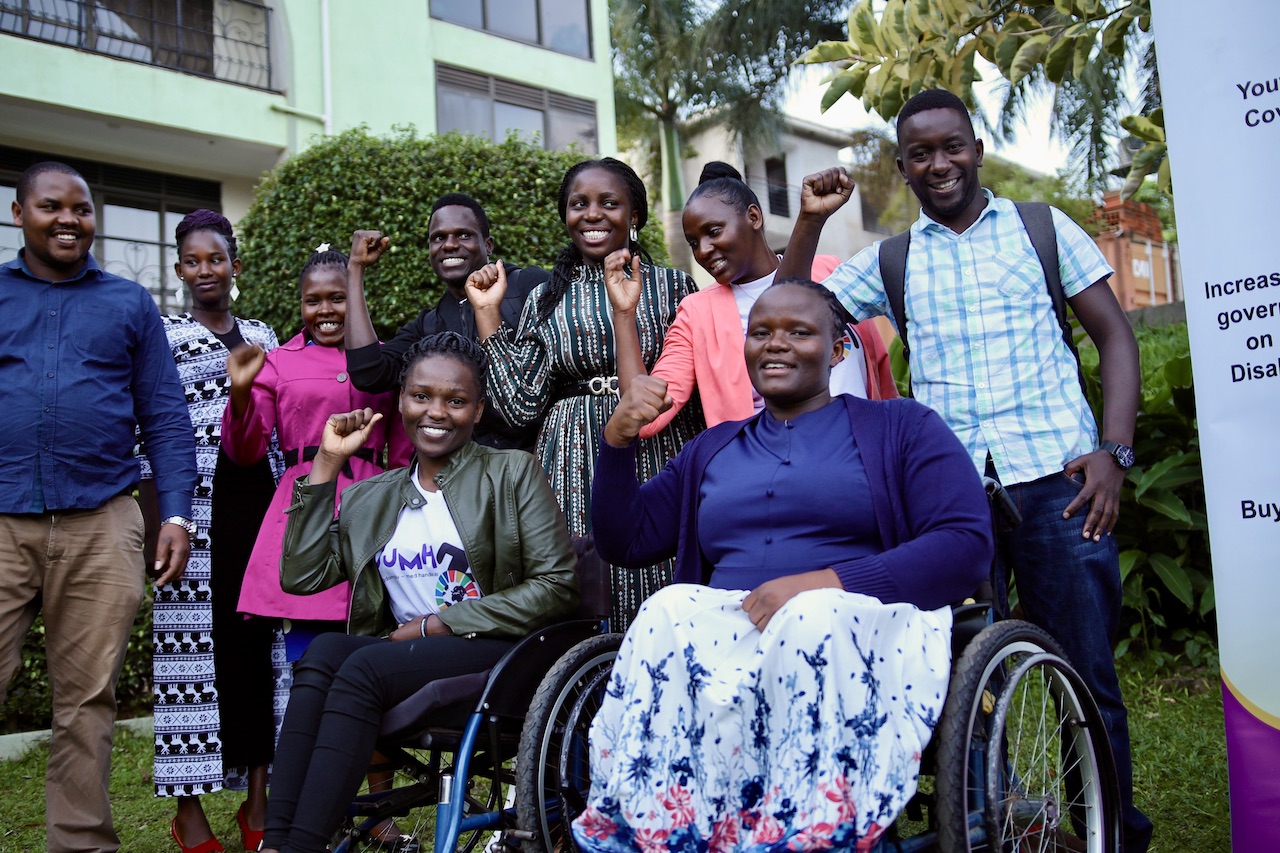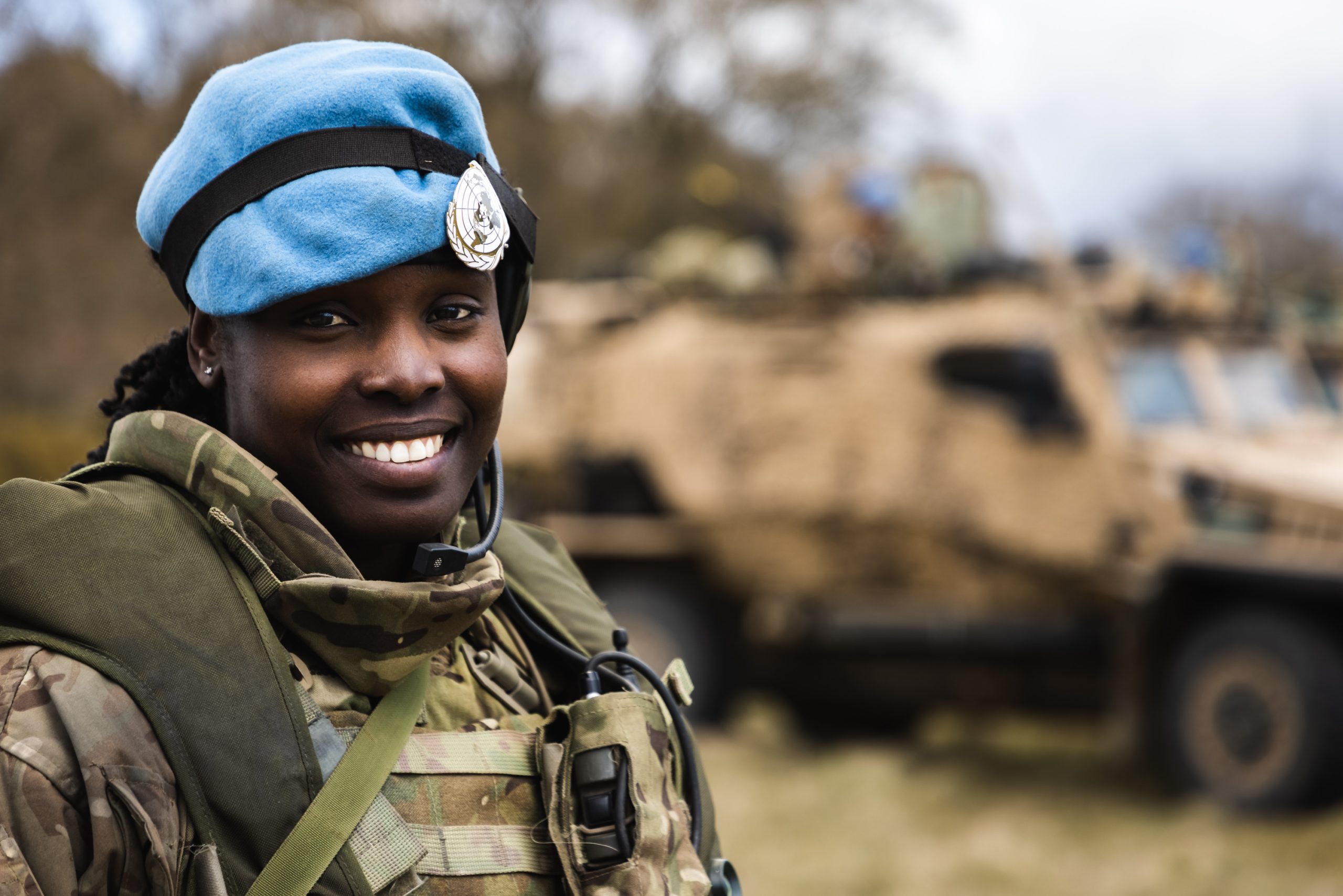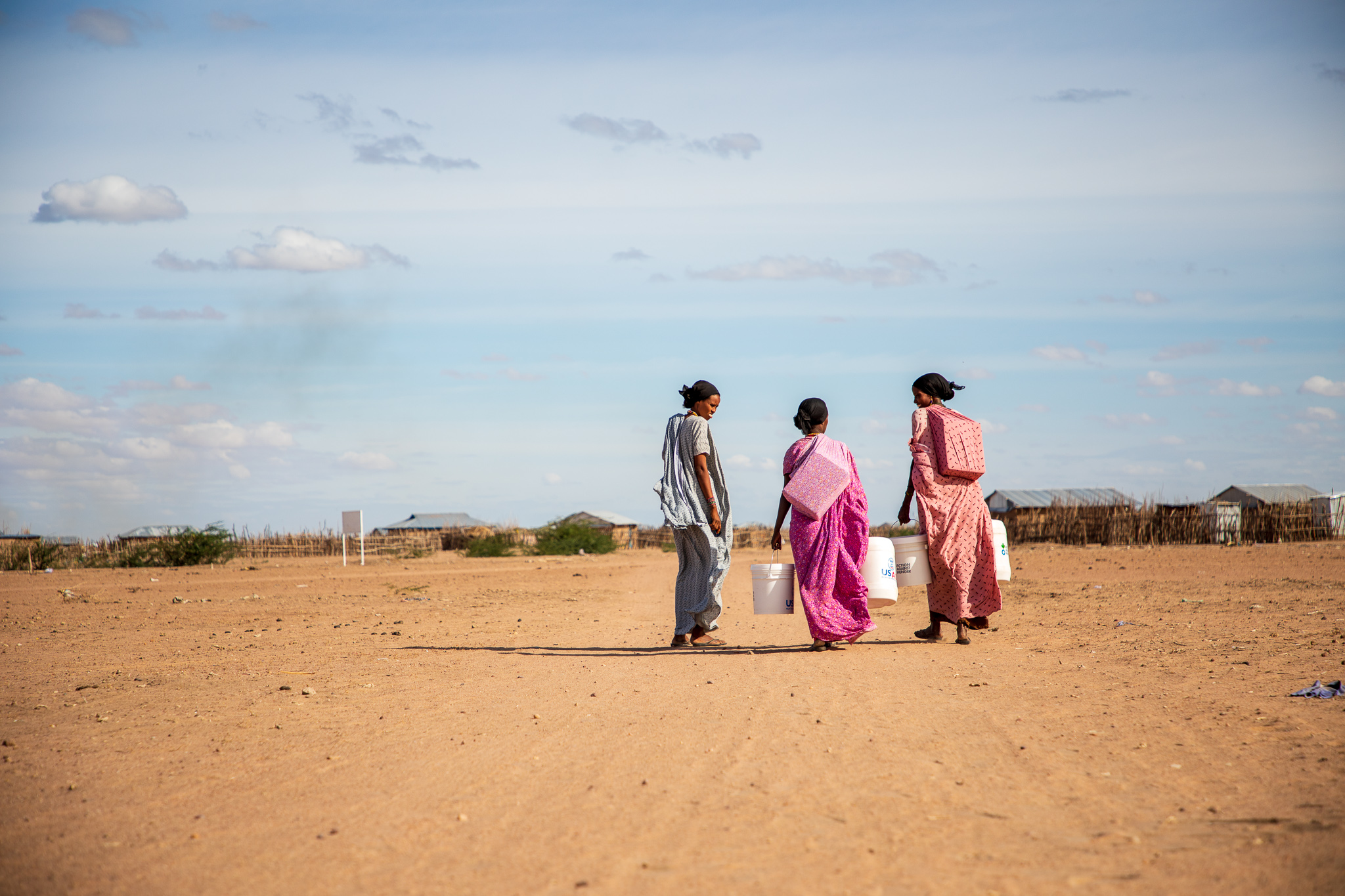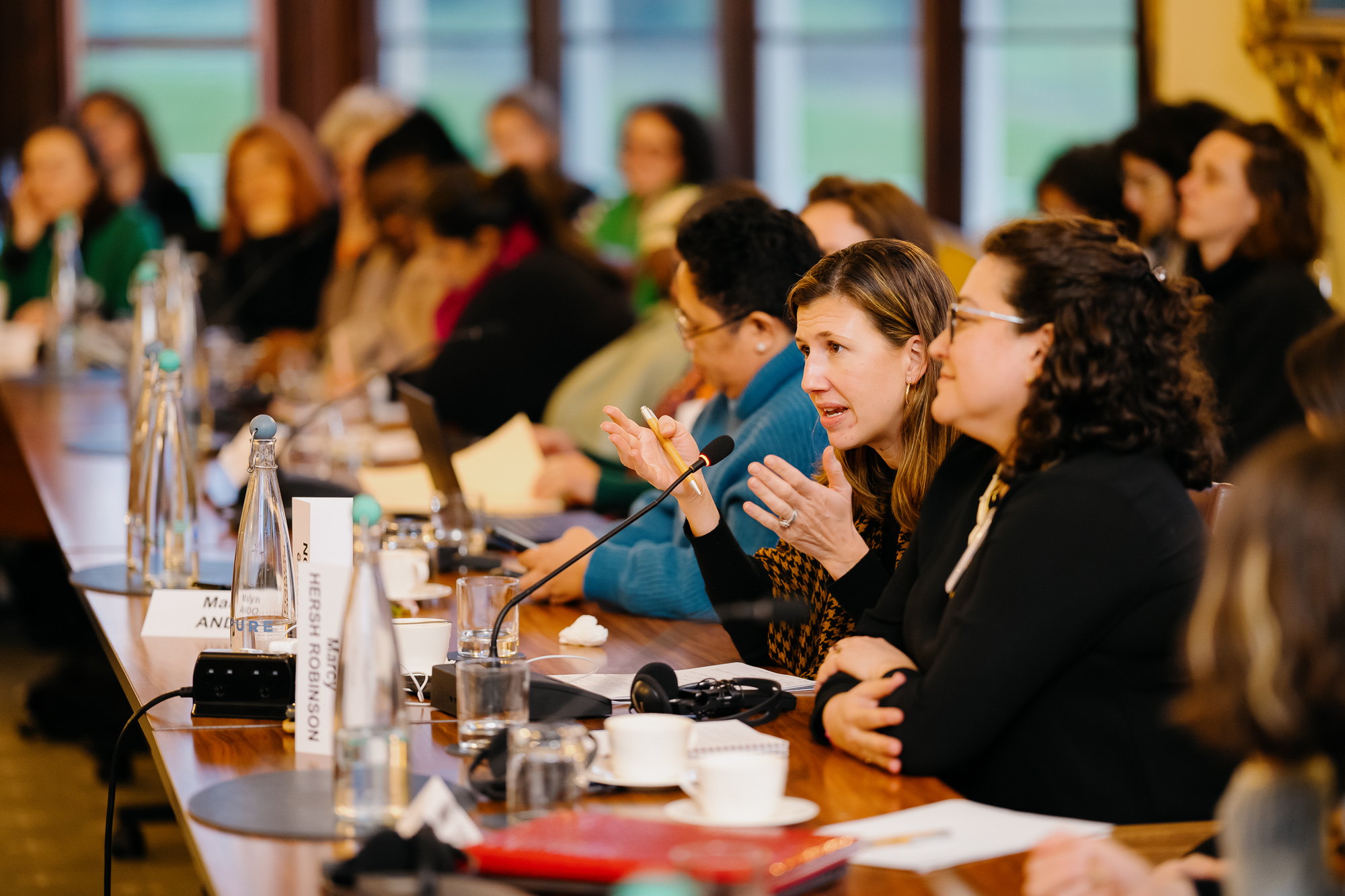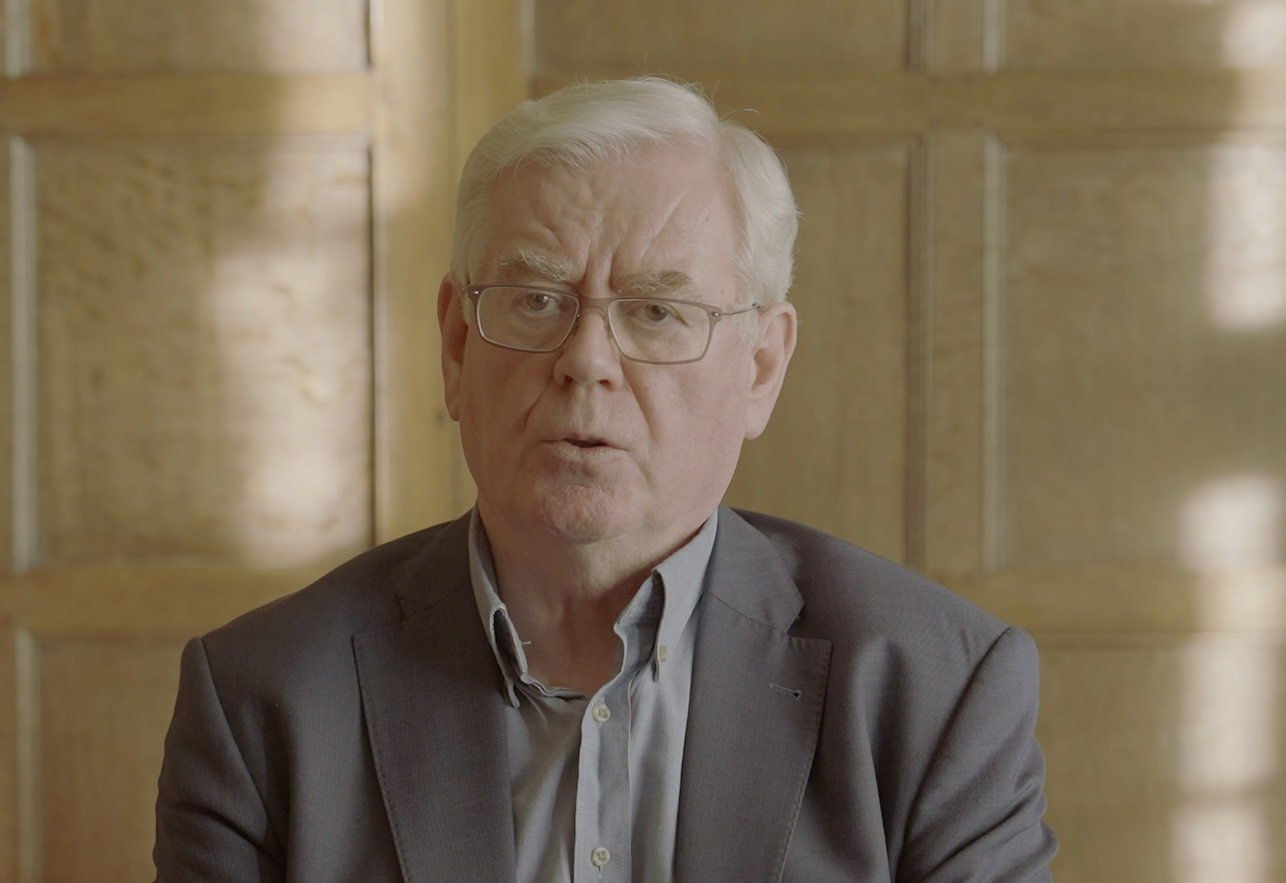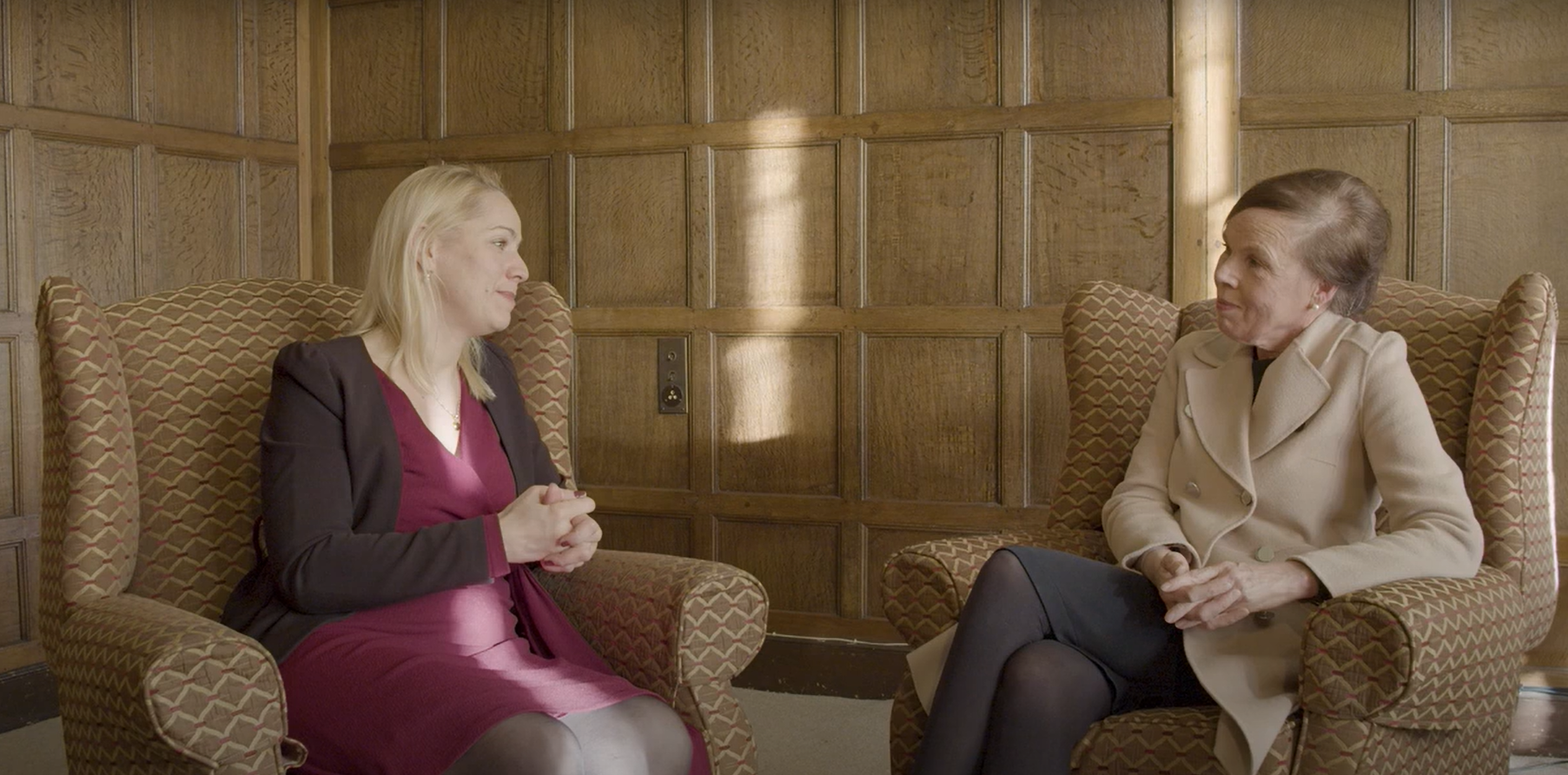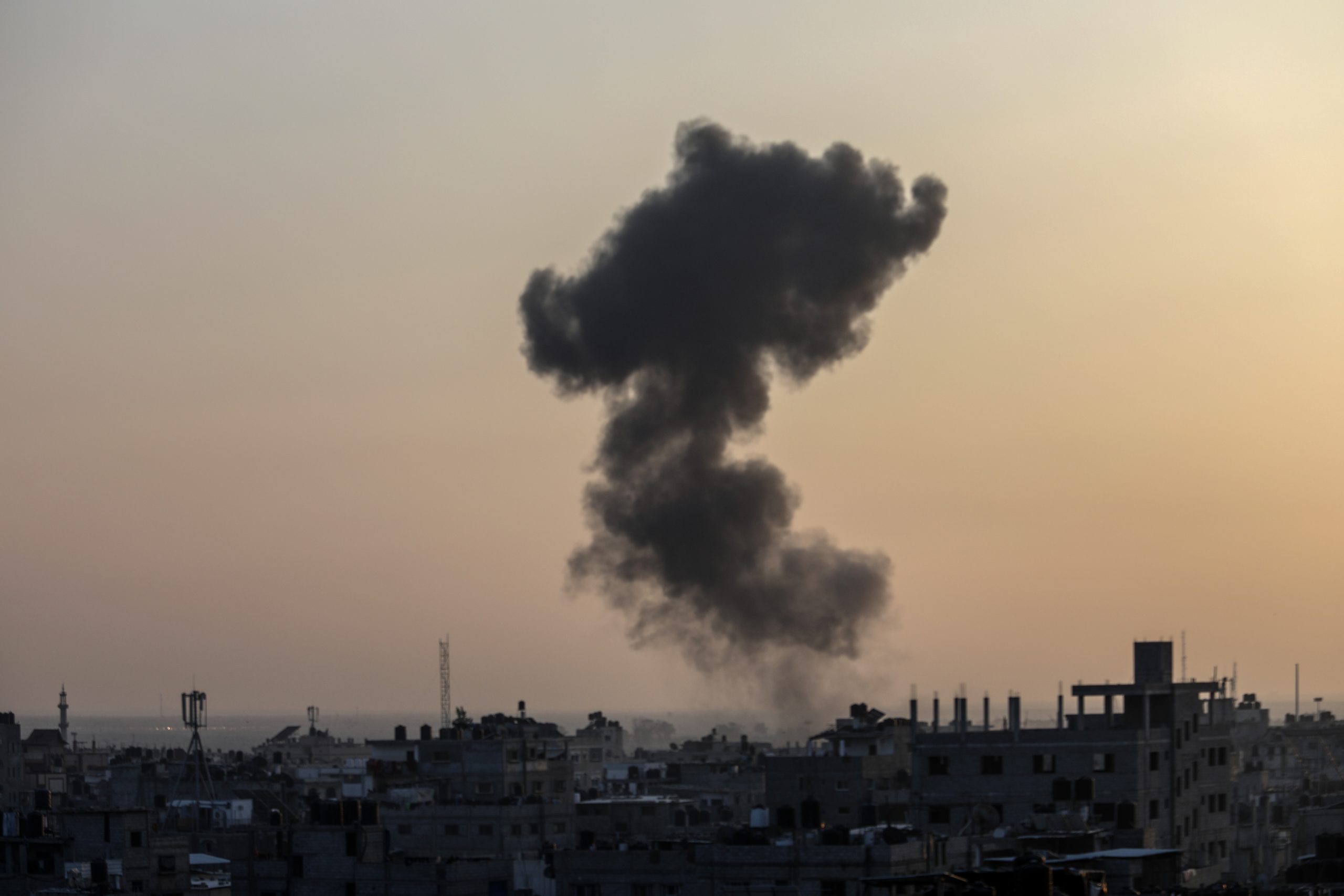This event was part of the Wilton Park Youth Dialogues – powering the future. This series of events aims to focus on young people, creating a positive and action-oriented debate that focuses on youth ambitions and opportunities in relation to employment, education, security and peace.
This dialogue, in partnership with Save the Children and the UK Department for International Development (DFID), sought to examine responses to what has been called a mental health crisis among children and adolescents trapped in conflict. This meeting had a Middle East focus but drew on global lessons and had a wider significance for the field of mental health and psychosocial support (MHPSS).
Young people make up a third of those affected by conflict and disaster. More than 600 million young people live in fragile or conflict affect areas. At least 25 per cent of those affected by the Syria crisis are aged 10 to 24.
In recent reports by Save the Children, the mental health and psychosocial needs of children and adolescents in Syria were examined comprehensively for the first time. One of those reports ‘Invisible Wounds’ states that millions of Syrian children could be living in a state of ‘toxic stress’ due to prolonged exposure to conflict. It speculates that the damage to an entire generation of children could soon become permanent and irreversible due to trauma and extreme stress. Toxic stress can disrupt the development of the brain and increases the risk of physical health problems such as diabetes, heart disorders and mental health conditions in adulthood.
Building on recommendations from the 2015 Hague symposium, ‘Growing up in Conflict: The impact on children’s mental health and well-being’, this dialogue reviewed progress and examined recent innovative developments in the field of MHPSS. It brought together experts and innovators worldwide in MHPSS, children’s war exposure and broader mental health needs to suggest policy responses and their coordination. Discussions focused on issues relating to programme design, operation and scalability in order to produce a roadmap to guide organisations and individuals working in the field.
Additional information
Invisible Wounds – The impact of six years of war on the mental health of Syria’s children (Save the Children)



